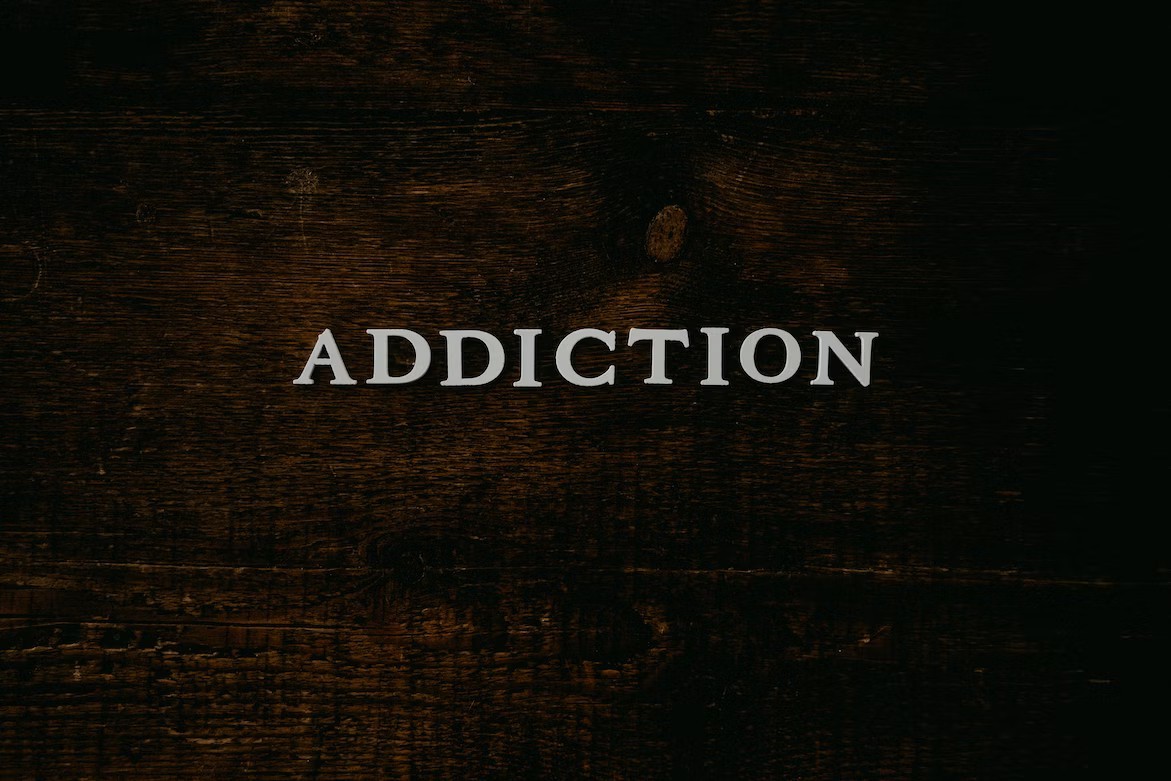In the beautiful landscape of South Africa, where tradition and modernity meld seamlessly, the challenge of addiction can sometimes throw shadows on many lives. But, as with many challenges, there are pathways illuminated by hope and innovation. Holistic approaches to dual diagnosis and addiction treatment stand out as one such path, offering comprehensive healing that goes beyond the symptom and delves into the person’s entire being.
When you consider addiction, it’s vital to see it not as an isolated disease but as a symptom stemming from various personal and environmental distresses. The reasons one falls into the grips of addiction can range from societal pressures, personal traumas, to daily stresses that pile up. This is where the holistic approach comes in – by acknowledging that there’s more to addiction than meets the eye.
At the heart of holistic treatment is the understanding that mind, body, and spirit are intertwined. When one facet of a person is under duress, it affects the others. Thus, by catering to each of these elements, holistic therapy ensures that healing is comprehensive and long-lasting. For instance, while traditional therapies might address the immediate triggers of addiction, holistic treatments could incorporate practices like meditation, yoga, or traditional South African herbal remedies. The intent? To rejuvenate not just the body, but the mind and spirit as well.
Your loved one is more than just their addiction or diagnosis. They have hopes, dreams, and a cultural identity that plays a crucial role in their healing. Holistic treatment respects and harnesses this, ensuring that as they tread the path to recovery, they’re equipped with tools that resonate with their unique persona and the vibrant backdrop of South Africa.
Frequently Asked Questions:
- What exactly is a holistic approach to addiction treatment? A holistic approach looks at the individual as a whole, focusing on the mind, body, and spirit. It integrates conventional treatment methods with alternative therapies to address underlying causes of addiction.
- Why is it beneficial to consider addiction as a symptom rather than a disease? Viewing addiction as a symptom allows for a broader understanding of the underlying issues and traumas that contribute to addictive behaviors. This perspective promotes healing from the root cause rather than just treating surface-level manifestations.
- How does the South African context enrich holistic treatments? South Africa, with its diverse cultural tapestry, offers a wealth of traditional practices and remedies. These can be incorporated into treatment, making it more resonant and effective for individuals rooted in this rich cultural milieu.
- Are holistic treatments scientifically backed? While many holistic treatments have ancient roots, there’s a growing body of scientific evidence supporting their efficacy, especially when combined with conventional therapeutic methods.
- Can I integrate holistic treatments with conventional therapies? Absolutely. Many holistic treatments complement conventional therapies, offering a comprehensive approach to healing and recovery.
When you delve into the history of holistic approaches in dual diagnosis and addiction treatment, you’ll find a rich tapestry that has evolved over centuries. As you and your loved ones embark on this journey, understanding its origins can provide comfort and context.
Holistic treatments, at their core, have ancient roots, predating modern medicine by thousands of years. Civilizations across the world, including those on the African continent, have long embraced the philosophy that the human being is more than just the sum of their parts. This recognition that mind, body, and spirit are interconnected and impact one another has always been intrinsic to traditional healing methods.
In the realm of addiction treatment, the recognition of dual diagnosis – where an individual experiences a mental health condition alongside a substance use disorder – is relatively recent. But while the term “dual diagnosis” might be new, the idea that underlying emotional or psychological distress can lead to addictive behaviors is not. Traditional healers, for centuries, have been addressing the root causes of imbalances rather than just the symptoms.
In South Africa, for example, indigenous communities have long consulted Sangomas and traditional healers, who use rituals, herbs, and ancestral guidance to heal ailments. These practices, while different in their specifics, align with the holistic philosophy that health and healing require a comprehensive approach.
The modern embrace of holistic methods in treating addiction started gaining traction in the latter half of the 20th century. As the limitations of solely clinical approaches became evident, practitioners began integrating alternative therapies – from meditation and acupuncture to art therapy. This shift wasn’t just a ‘return to roots’, but a fusion of old wisdom with new understandings.
The Advantages of Comprehensive Care in Tackling Addiction and Coexisting Conditions
Navigating the challenges of addiction intertwined with other mental health conditions can feel like an uphill battle. But with the right tools and perspective, you and your loved ones don’t have to face it alone. Harnessing the power of comprehensive care methods, rooted in ancient wisdom and modern insights, can be a transformative experience. By addressing the core causes, environments, and distressing circumstances that contribute to addictive behaviors, these holistic treatments pave a more authentic path to healing. Reach out to us, and together, let’s embark on a journey that sees the person beyond the symptoms, offering true healing in mind, body, and spirit.

